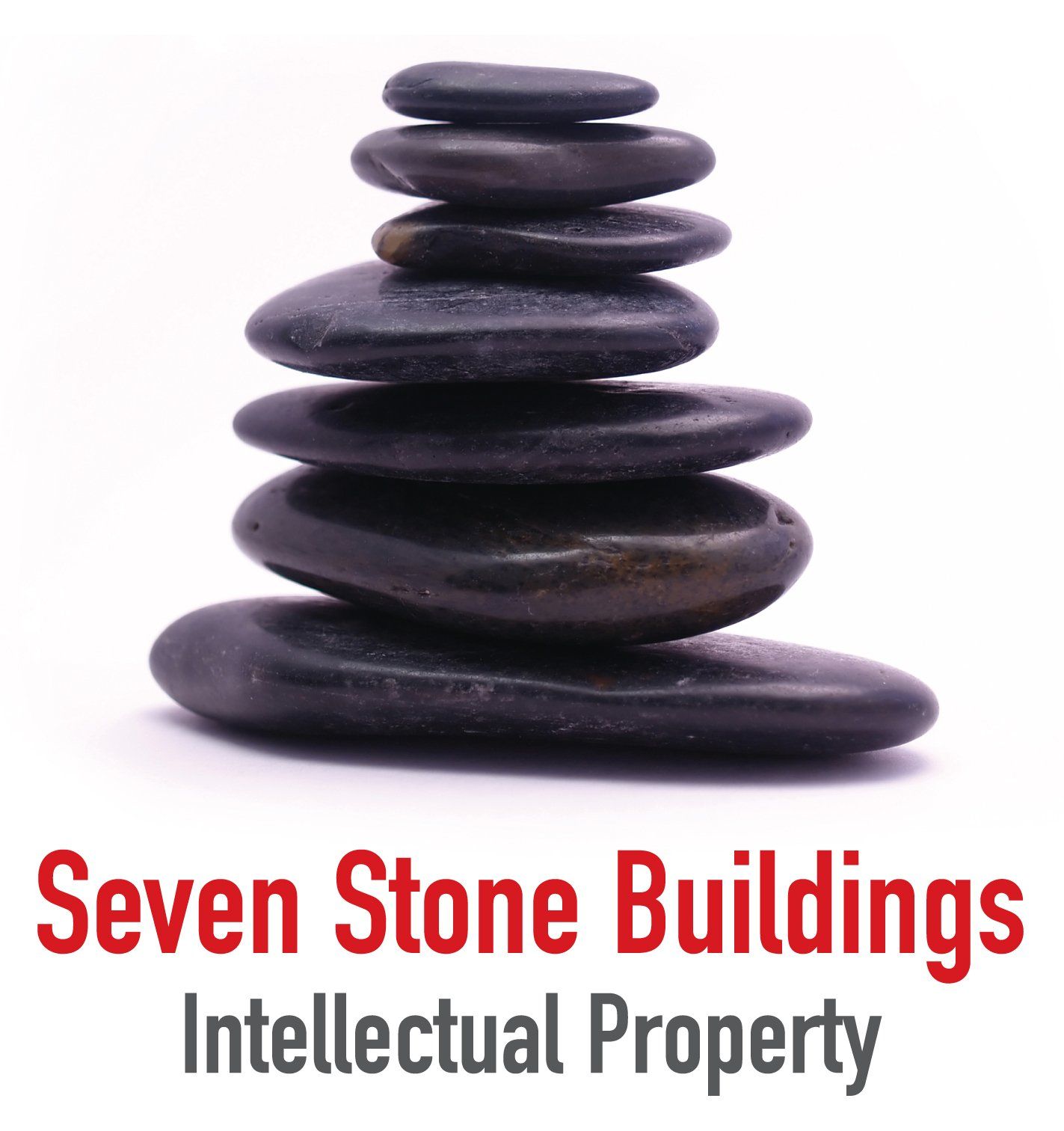INSTRUCTING MEMBERS OF CHAMBERS
Barristers at 7 Stones IP and Commercial specialise in Intellectual property and commercial law. A more detailed outline of individual members practice areas is indicated on each member’s web page.
Chamber’s members cover the whole spectrum of intellectual property law including Patents, Copyright, Trademarks, registered and unregistered Design Rights, Passing Off, Confidential Information, Data Protection, Database Rights, IT, Computer Software, Internet and Blockchain Tech and Trading Standards IP infringments.
Members of chambers are also qualified as Arbitrators and Mediators with both UK and International experience.
The primary method of instructing members is via a solicitor or other professional or licensed client. However, recent regulatory changes have additionally made it possible for members of the public to instruct barristers directly without the need for intermediaries.
Chambers operates as an unincorporated association. Each individual member of chambers is self-employed and provides legal services on a sole practitioner basis. This has been the traditional way in which many chambers, have and still operate.
There are three methods for instructing counsel.
1) Professionally Qualified Access.
This is the more traditional method where the individual instructing counsel is a professionally qualified individual.
a) Solicitors
b) Authorised litigators
c) Patent and Trademark Attorneys and Parliamentary Agents
d) Employed barristers registered with the Bar Council
e) Designated Legal Advice Centres
f) Foreign Lawyers for advice only.
2) Public Access.
Public Access allows members of the public, businesses, and non-profit organisations to instruct barristers directly in civil matters. However, given the complexity of IP litigation in most cases it is likely that the services of a professional intermediary will be required. The Bar Standards Board has a useful guide ‘Public Access guidance for the public’ on its website. https://www.barstandardsboard.org.uk/for-the-public/finding-and-using-a-barrister/how-to-instruct-a-barrister/public-access-guidance-for-lay-clients.html
3) Licensed Access.
Certain individuals or organisations can instruct counsel directly if they have expertise in a particular area of law or are a member of specified professional body. They will first need to be licensed by the Bar Standards Board or be a member of a professional body specified by the BSB. Both advice and or representation may be obtained under the license.
Contractual Terms and Conditions of Work.
Members of chambers have agreed to accept instructions on the ‘Standard Contractual Terms for the Supply of Legal Services by Barristers to Authorised Persons 2020’. (Contractual Terms and Conditions)
Both the Bar Standards Board and the Legal Services Board have approved the terms. Further the Bar Mutual Indemnity Fund have also approved the terms.
Because chambers operate on a virtual basis and does not have a clerking service, prospective clients may discuss the type of work with the individual barrister concerned.
Pricing Methods.
Chambers policy regarding professional and direct Access clients.
Prospective clients may contact members of chambers directly if you require advice and assistance in the areas of chambers specialization. See contact details below. Unlike many chambers we do not have a clerking service, we do however have a telephone answering service that can connect you through to individual barristers.
Members will be able to advise clients on the method of fee calculation appropriate for each individual case, however the general method applied will be an hourly rate excluding VAT for advisory and drafting work. Representation at court or hearings will be determined by a Brief Fee and a daily refresher fee excluding VAT.
Occasionally members may agree to a fixed fee arrangement where a fee cap can be agreed, generally applicable to smaller and less complex matters.
Any matter that is likely to be time sensitive will need to be indicated at the outset.
Time Scales.
In most cases it will be possible to indicate the timescale for the completion of work. Time scales for a matter or case with vary given the complexity of the case or advice, including other cases counsel is currently involved in. Intellectual property cases are often very complex and involve substantial amounts of documents and many witnesses. Additionally, the other side’s response may significantly increase the time scale of the matter. Unknown variables such as court and witnesses’ availability add further unknown factors. Even the availability of specialist Judges will play a part in time scales.
Complaints.
Chambers in compliance with the Bar Standards Board has a formal complaints procedure in place in the event of a complaint being raised. However initial complaints can be raised directly with the member concerned, this may result in a speedier remedy of the complaint. Complaints Procedure.
